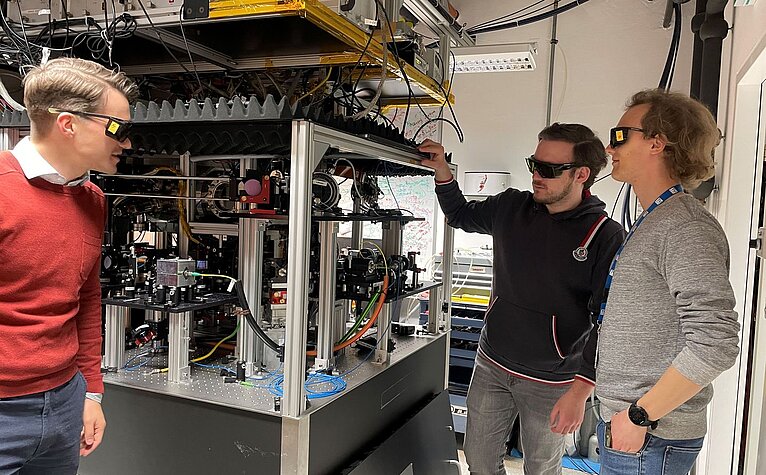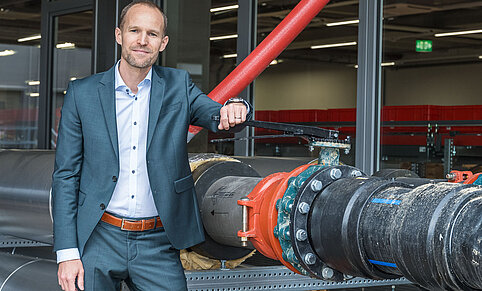 © TU Wien
© TU Wien
- Innovation and digitalisation
- Research & development
Artificial intelligence learns to control quantum particles
24. May 2023In quantum research, tailor-made electromagnetic fields are needed to precisely control particles. The Vienna University of Technology has shown that machine learning is an excellent tool for this purpose. Tiny particles can be manipulated with electromagnetic fields. You can capture them, hold them, or move them to a specific location. However, it is frequently necessary to carry out lengthy series of experiments with numerous measurements to determine exactly what form these electromagnetic fields should take and how they should be controlled during the experiment.
At the Vienna University of Technology, it has now been shown that this task can be completed much faster than before with the help of learning algorithms - and with the same precision. To this end, a team at the university in collaboration with colleagues from FZ Jülich developed a customized neural network that has the fastest possible learning curve for precisely this application. The result will now be used in quite different quantum experiments.
“To control quantum particles, we use a combination of several electromagnetic fields,” says Maximilian Prüfer, postdoctoral researcher in the group of Jörg Schmiedmayer at the Vienna Center for Quantum Science and Technology (VCQ) of the Atomic Institute, Vienna University of Technology. “Electric current is sent through tiny structures, creating a magnetic field. In addition, we use light beams that can be specifically manipulated by lenses, mirrors and filters.”
The researchers succeeded in showing that the artificial intelligence actually learns to correctly imitate the behaviour of the physical system. This means that the algorithms can try out at lightning speed how various changes to the experiment will affect the current situation, without the need for long, complex series of experiments.


